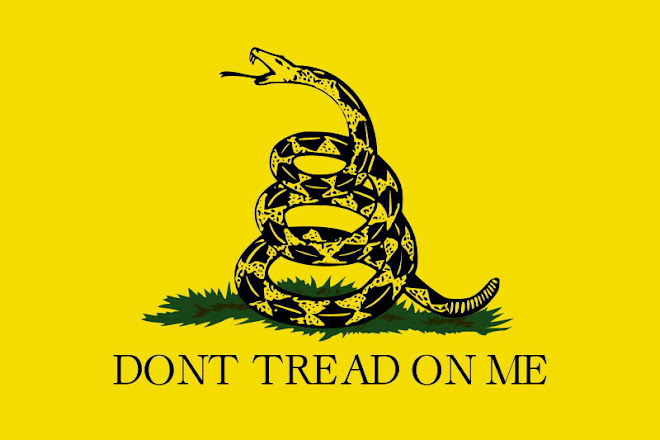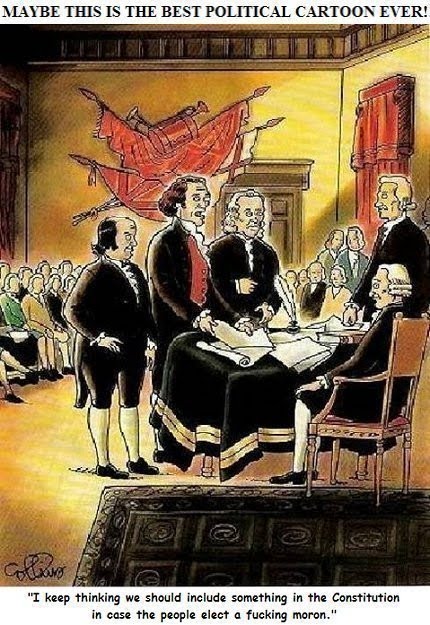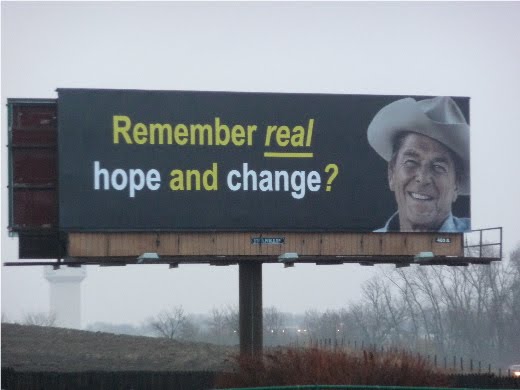Friday, April 20, 2012
Wisconsin’s Other Recall
For those of you who still think Kleefisch is running with Walker, she's not.
April 20, 2012
Wisconsin’s Other Recall
The Wisconsin lieutenant governor also faces a recall election.
By Katrina Trinko, National Review Online
Rebecca Kleefisch has big plans for Wisconsin. She’d like to bring more jobs to the Badger State and drive down the unemployment rate, especially among Iraq and Afghanistan veterans. She wants to help those currently unemployed with job training, so they will be eligible for the tens of thousands of jobs that Wisconsin employers can’t find qualified applicants to fill. And, in view of the graying demographics of Wisconsin residents, Kleefisch has started studying how to make the state attractive to younger workers.
But Rebecca Kleefisch has one big hurdle before she can implement any of her ideas: surviving the recall election.
Kleefisch, the lieutenant governor of Wisconsin, is quick to say how important it is that Scott Walker remain in office. “Our governor is doing a bang-up job,” she says. “He is a national hero, and well he should be.” But she is also concerned about her own race, which is getting less media attention than Walker’s. (Thanks to a peculiarity in Wisconsin law, Walker and Kleefisch are not on the same ticket in the recall, though they were elected on the same ticket in 2010.) Kleefisch’s likely Democratic opponent is Mahlon Mitchell, who heads the Wisconsin firefighters’ union.
The election of a “union boss,” Kleefisch warns, would hurt Walker’s efforts even if he remains in office. In that scenario, “our governor will no longer have his best partner working in the office beneath him,” but “will instead have an antagonist, someone who seeks to undermine and harass him.”
Actually, that’s not likely to happen. Whichever way the recall goes, it will probably go the same way for Kleefisch and Walker. Popular Wisconsin conservative radio host Charlie Sykes says he has a “hard time imagining” people at the ballot box “voting for Scott Walker and then turning around and voting for Mahlon Mitchell.”
The challenge is the same for Kleefisch as for Walker: making the case for the politically controversial reforms implemented last year, which required many of the state’s public employees to start contributing about 6 percent of the money that goes into their pension funds and about 12 percent of their health-insurance premiums.
To Kleefisch, the argument is simple: The money saved by the reforms is being used on other valuable projects. “We’ve saved $848 million and counting,” she says. “That is money that allows more patrol cars to stay on the roads and keep our families safe. That is money that ensures that more women can get breast- and cervical-cancer screenings.” Cancer screening is an issue near to her heart, as she herself is a colon-cancer survivor.
Kleefisch, whose two daughters attend public schools, also highlights how the reforms have boosted the state’s schools. She points out that, relative to other years, there have been fewer class-size increases, teacher layoffs, and cuts in extracurricular activities.
For Kleefisch, the struggle isn’t to make the case for the reforms’ success; it’s to stop herself from being counterproductively aggressive in making it. “She’s really the attack dog of the administration,” says Christian Schneider, a senior fellow at the Wisconsin Policy Research Institute. “They have to work to keep her on a leash.”
Kleefisch is a political newbie, having run for the first time in 2010. She had worked as a TV anchor, and then started a business focused on media and marketing. She left reporting in order to spend more time with her daughters; paradoxically, they’re also the reason she chose to enter politics.
“There are times when you look around you,” she recalls, “and you look at your little ones and you look at your TV, which you’ve been yelling at all day. And you say, ‘Am I doing all I can by just being angry and yelling at my TV? Or would I be doing more to help my children if I got out there and actually started to fix the problem?’”
“This was not necessarily the job I imagined returning to the workforce for,” she muses, “but I think it is the job where I make the biggest difference for my kids.”
During her short time on the political scene, Kleefisch has already endured competitive races. When she entered the Republican primary for the lieutenant-governor slot two years ago, expectations were low. She finished last in the straw poll at the Wisconsin GOP convention. “I remember feeling so bad for her,” Schneider recalls. “She stood at the door of the big convention hall, and she was just gritting her teeth and smiling. She felt awful, but she really sucked it up.”
“She was so underestimated by the Republican establishment,” Sykes observes. “She ran as very much an anti-establishment candidate. She was not supported by the inner Walker team at all.”
But Kleefisch won the primary, beating four other candidates. Sykes notes that the lieutenant governorship, “in the Wisconsin system, is not a powerful job,” but during her time in office Kleefisch has worked to make the most of it. Her focus on economic issues has impressed Sykes, who was among those who encouraged her to run. “There’s something about her,” he says. “Just out of the force of her personality, she makes things happen.”
One of her biggest efforts has been cold-calling businesses in other states, trying to woo them to move to Wisconsin. She says her private-sector experience taught her that a rejection was “no skin off my nose. The worst you can hear from a cold call is no,” she explains, “and then you’re no worse. And the positive is you may hear a yes.”
Kleefisch started reaching out to businesses soon after her election. “I read in the Chicago Tribune shortly after I was elected that Illinois governor Pat Quinn had decided to implement an ‘Amazon tax’ — a sales tax on online purchases — and that was going to cost some of their business owners 30 to 50 percent of their revenue. So I called the CEOs who were listed in the article, and I offered them greener pastures in which to grow jobs.”
Her work in office has earned her ridicule from some. One Badger State talk-show host, John Slyvester, made a series of incredibly offensive comments about Kleefisch and her children, such as saying that she had “pulled a train” — i.e., had sex with several men in a row.
Currently, Kleefisch is running six points ahead of Mitchell, according to a Public Policy Polling survey conducted for the liberal website Daily Kos. But the election won’t take place until June 5, and 14 percent of voters remain undecided. However, Kleefisch has some powerful advocates. Sarah Palin penned a Facebook note in support of Kleefisch, describing her as a “Tea Party ‘Mama Grizzly.’” And the Republican Lieutenant Governors Association is running TV ads in her behalf.
Meanwhile, Kleefisch herself is working to get her message out. Speaking of Walker, she says, “He needs someone who will continue to work on the greatest two issues facing our state, which are the economy and workforce development.”
“I am trying incredibly hard,” she adds, “to make sure that our governor keeps his best teammate in place in the lieutenant governor’s office.”
— Katrina Trinko is an NRO reporter.










































































